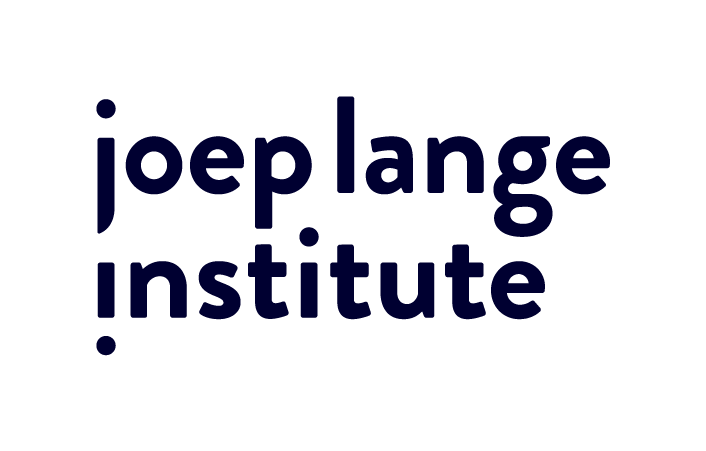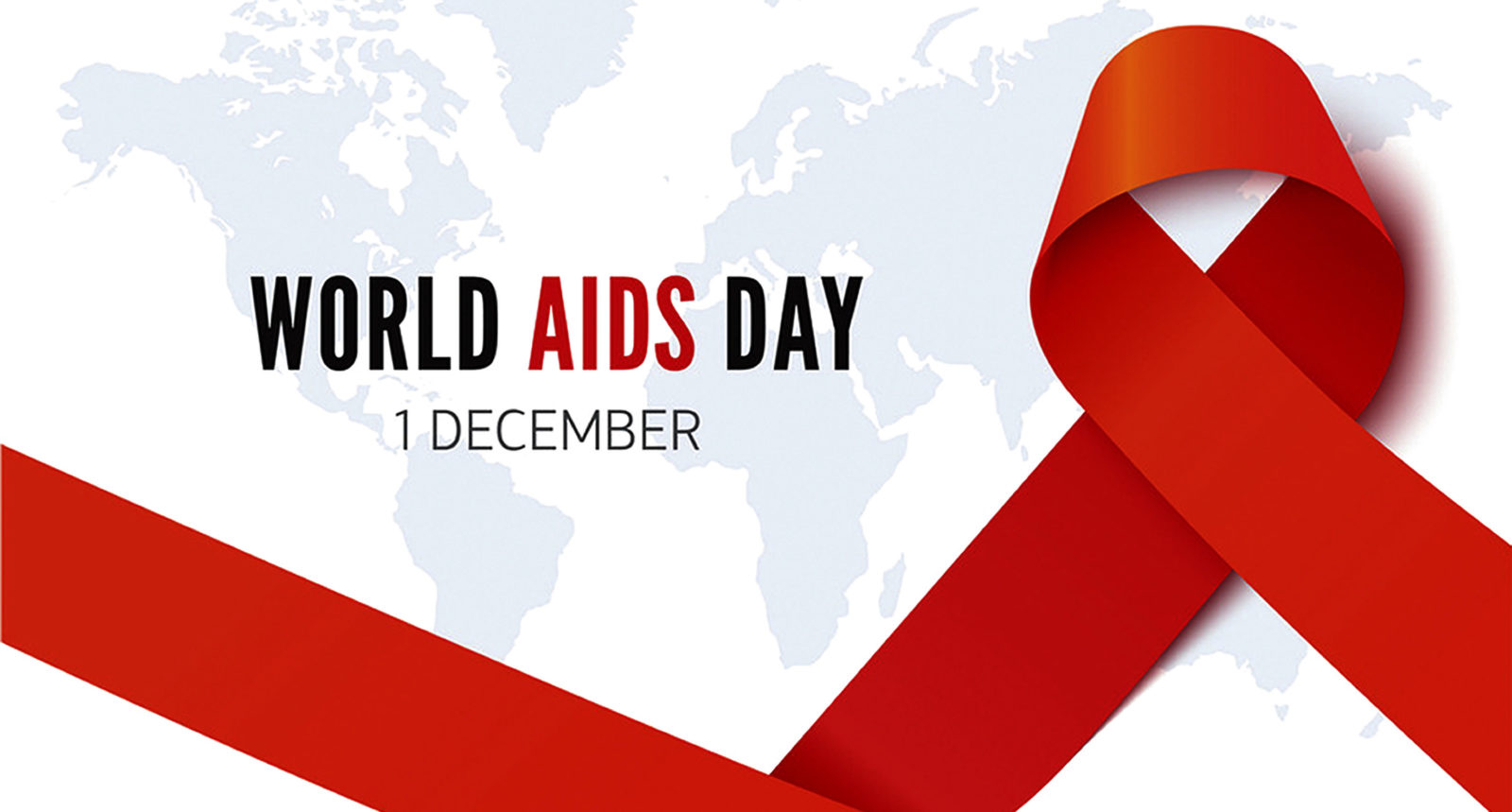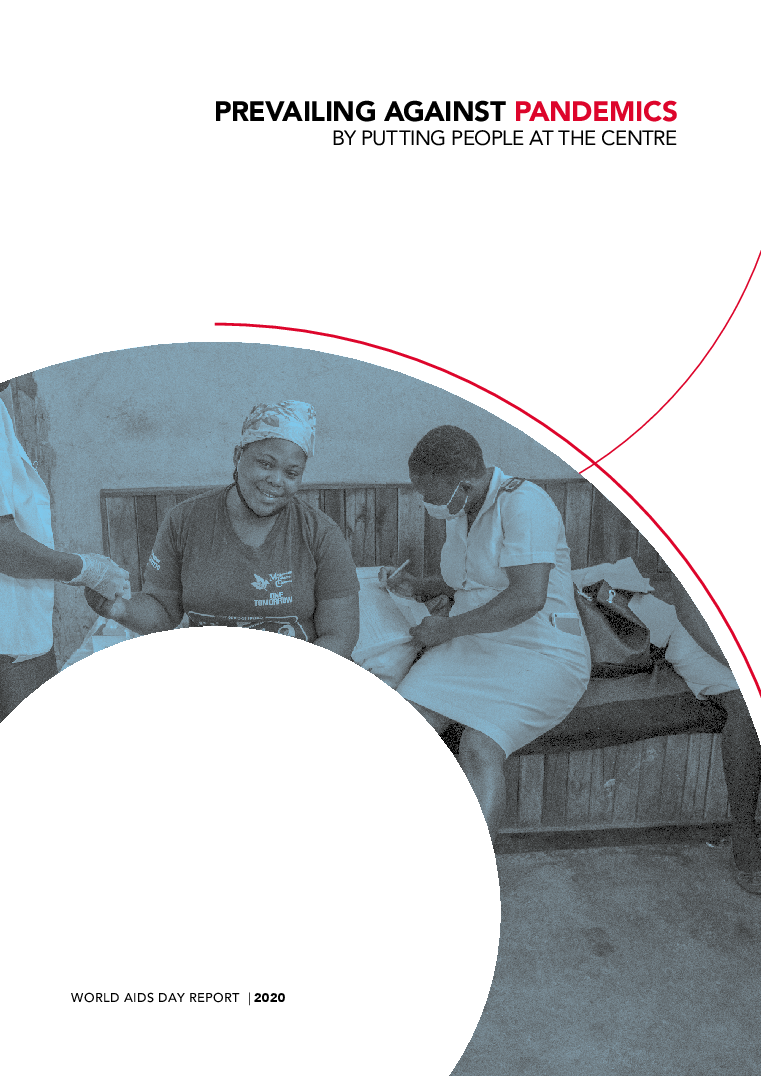World AIDS Day has been commemorated on December 1 since 1988 but this year is clearly a very special occasion given the dual pandemics of HIV and Sars-CoV-2. UNAIDS has rightly put this day under the motto: “Global Solidarity, Shared responsibility”.
While the whole world is rightly focused on the devastating Sars-CoV-2 pandemic with tremendous human suffering for all people seriously affected by this new virus and the disastrous economic consequences for societies and communities all over the world, we should not forget that the threat of HIV is far from over.
Still 38 Million people are living with HIV and 12 Million of them have no access to effective treatment yet. Almost 700,000 people died last year from AIDS and 1,7 Mio became newly infected. Covid-19 has disrupted supply chains for AIDS drugs and prevented people in need to access prevention and treatment services. Therefore, it is estimated that 85% of all AIDS programs worldwide have been facing implementation challenges and there might be 100,000 – 300,000 new HIV infections because of the consequences of Covid-19.
However, we should not create any competition between these two pandemics. Access to prevention, care and treatment against any disease is a human right and a requirement for stable and flourishing communities. Just as access to full AIDS treatment became a question of global solidarity and shared responsibility about 20 years ago, nowadays it is a question of life and death for many people in the less privileged parts of the world, whether they will get access to the emerging vaccines against Sars-CoV-2. We need to fight for both, and it is a fight for human dignity and a more equal and fairer world.
I am currently a member of the UNAIDS Advisory Group to support the development of a new strategy for the UN body tasked to lead the global fight against AIDS. I have now been asked to chair the UNAIDS breakout group on the future financing of HIV. Our group has presented its first interim report and will issue recommendations to the Executive Director of UNAIDS next spring.
The Covid-19 crisis with its massive impact on governmental budgets in all countries has made it abundantly clear that we need new instruments for financing global public goods such as AIDS treatment and a vaccine against Covid-19. For both diseases we must insist that no one is safe until everybody is safe. The Joep Lange Institute and its Centre for Global Health Diplomacy is committed to developing and promoting these new instruments and approaches. One of them is the concept of Global Public Investment that has been established with strong support from JLI. It is currently considered both for the future of HIV financing and for the development of vaccines against future pandemics. JLI is committed to promote the most innovative ideas so that global solidarity and shared responsibility will be put into practice.
JLI Director Global Health Diplomacy
Five years after a global commitment to Fast-Track the HIV response and end AIDS by 2030, the world is off track. A promise to build on the momentum created in the first decade of the twenty-first century by front-loading investment and accelerating HIV service provision has been fulfilled by too few countries. Click image for report.




